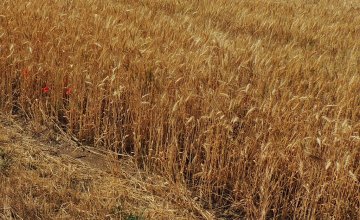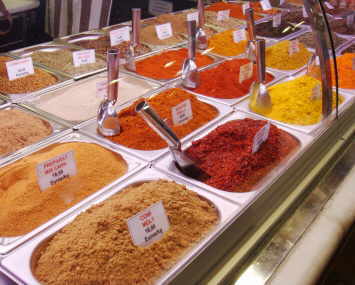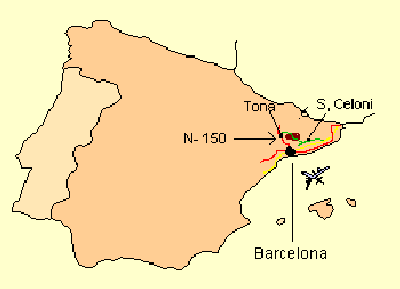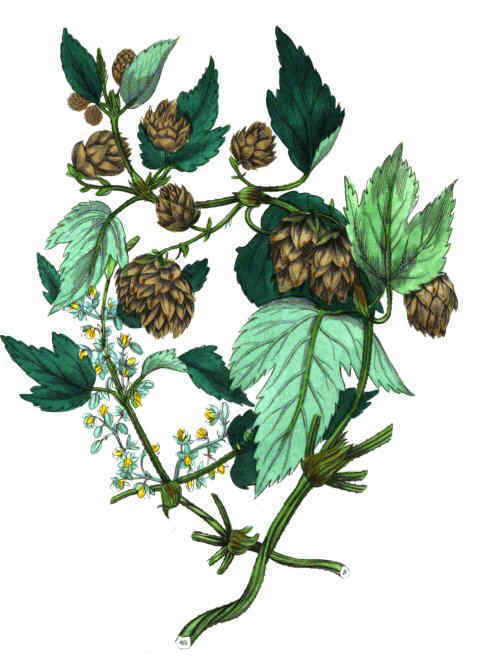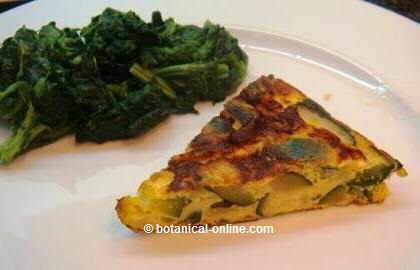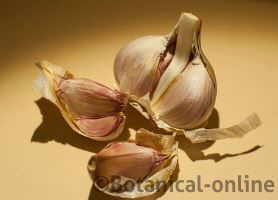Contents
What is olive oil?
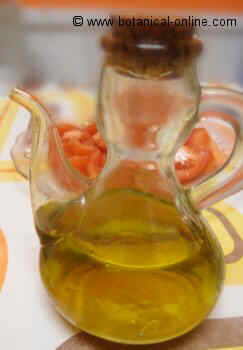
Olive oil is a vegetable oil extracted from olive tree fruits. When at room temperature, olive oil is found in liquid form.
The fruit of the olive tree, when pressed, contains a high oil content, especially when properly collected in autumn. For these reason this product is used for thousands of years, both in food as in many other applications.
What is the best olive oil?
The quality of olive oil depends on its production and lies, a priori, in the pressing process. Depending on the system used a posteriori, the final product quality will vary considerably, since it may suffer, or not, a number of changes in fatty acids with a possible loss of its initial organoleptic properties, that’s to say, changes in flavour, texture, color, etc.
Its polyphenol content is what gives the vast majority of organoleptic properties such as taste and color. It also prevents premature oxidation of the product and gives a number of properties, whether in therapeutic or nutritional level.
The final product quality depends not only on the production system used to get olive oil, but it covers a range of factors to consider, having a major influence on the outcome of the food.
The main factors that determine the quality of olive oil are:
- Variety and ripeness of the olives from which oil is extracted
- The concentration of polyphenols
- Cultivation
- Irrigation
- Pruning
- The weather of the place an olive tree has grown
- The type of soil where the olive tree has grown
- Pesticides and fertilizers have been used
- The collection, if done manually or not, if they are healthy or not. in fact, they one should collect only the olives still residing in the tree and not those that may have fallen to the ground.
- Their subsequent conservation: The must be transported in plastic boxes that allow the fruit to breath not to become spoiled.
- Their washing: They must be carefully washed
- The extraction process: How the oil is extracted from the fruit
In addition to the above factors, the quality of oil can be analyzed distinctly from several different perspectives, to assess the nutritional, therapeutic, commercial and organoleptic (taste, odor, color, etc) qualities or even its health safety.
Taking all this parameters into account, virgin olive oil is considered the best olive oil. (More information on this type of oil in the listing below)
Uses of olive oil
As an edible food, it is normally used either as a raw food or ingredient itself. Without heat added, it retains all its properties, but some properties are lost when we heat it.
It is, therefore, ideal to consume it raw, whether alone as a dressing, with herbs, or as a vinaigrette. Moreover, thanks to its antioxidant properties, it is commonly used as ripening and preservative, in cans, cheeses, sausages, etc..
How olive oil should be stored?
For proper maintenance of finished product it is sold in plastic containers, either bottles or carafes, or in glass containers.
Olive oil must be kept away from light to prevent premature oxidation of the product and to retain all its intrinsic properties.
* Related information: Why is olive oil good for your health?
![]() More information on olive oil
More information on olive oil

